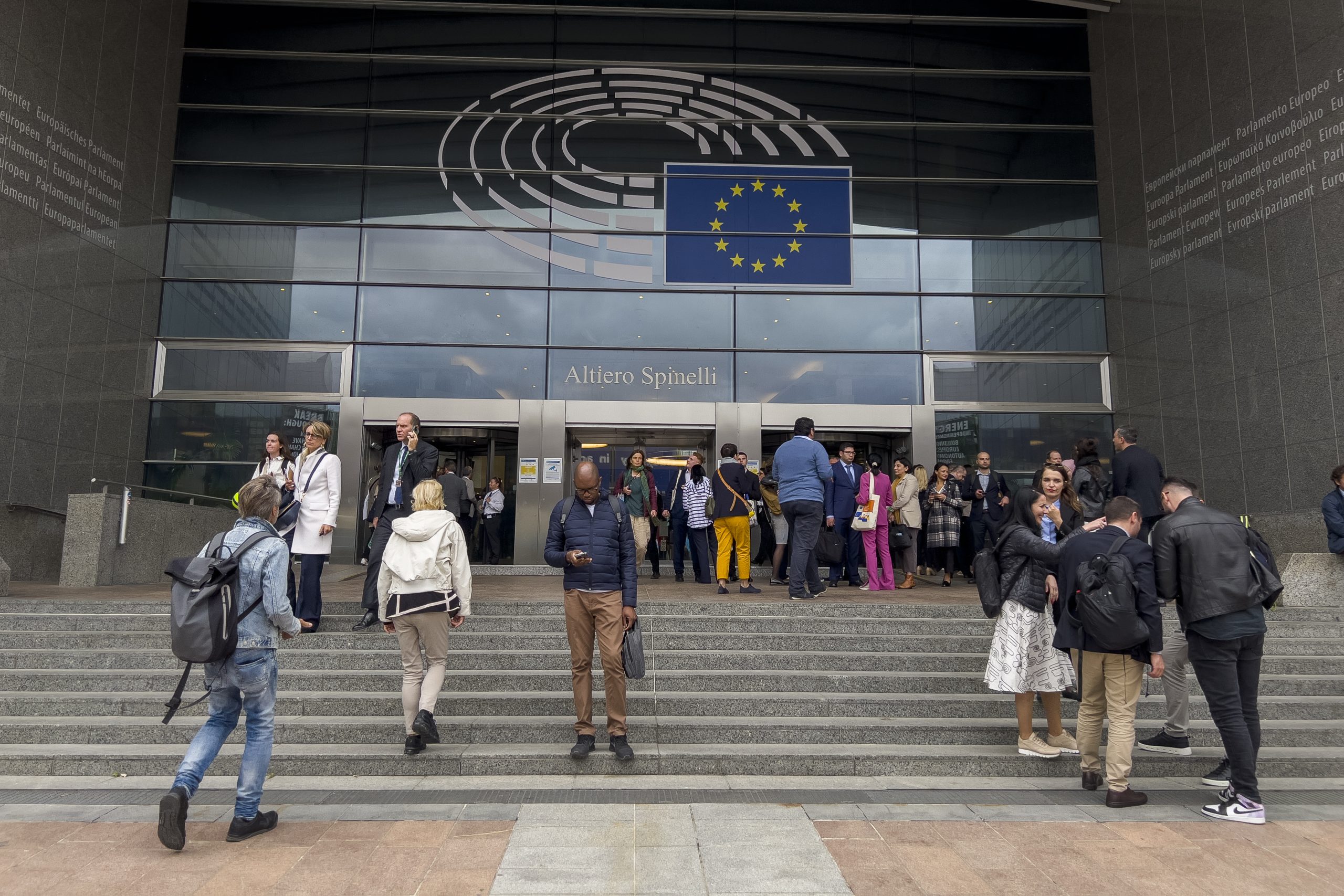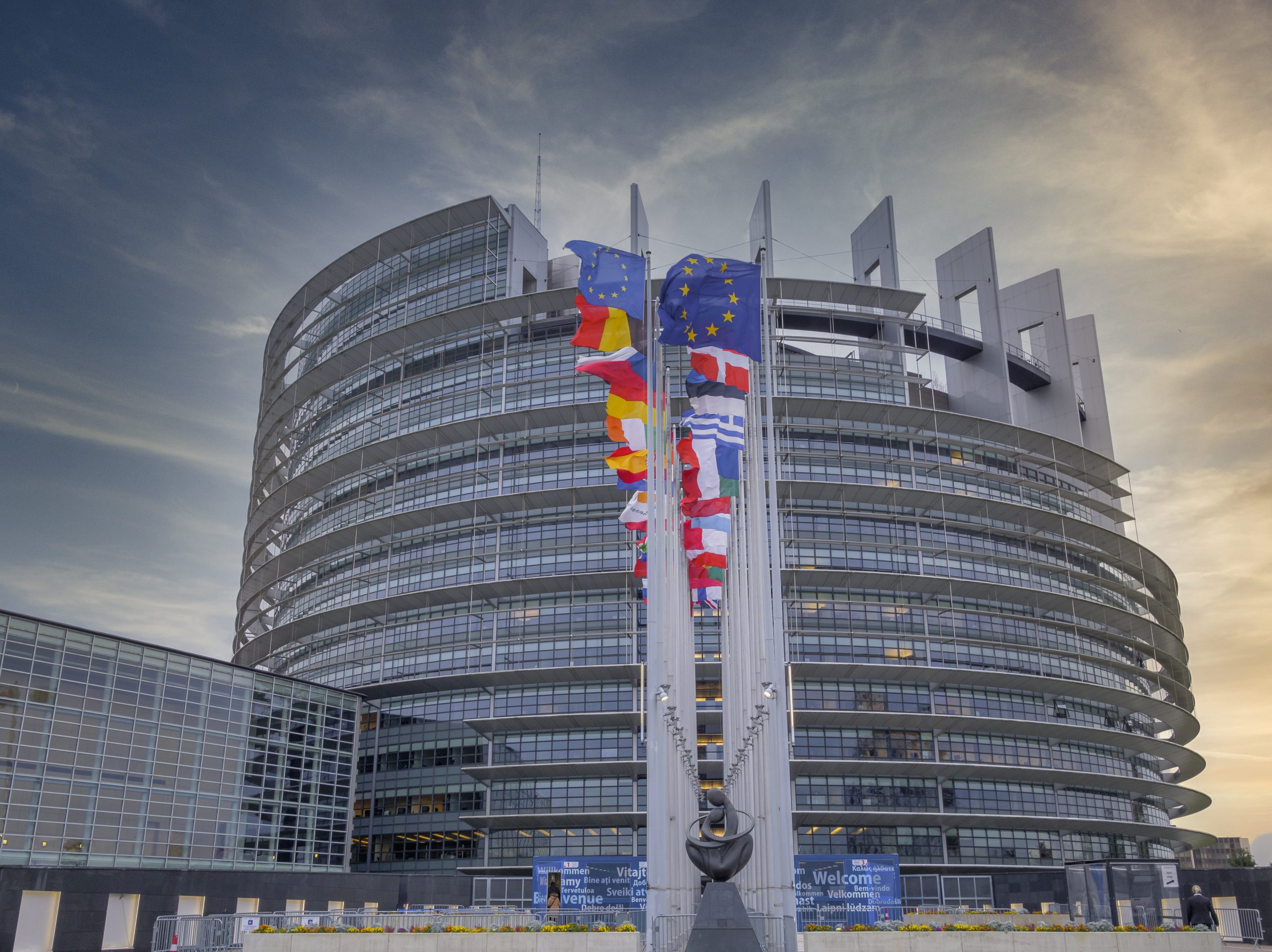European Media Regulation and State Sovereignty: The Tug-of-War Behind the European Media Freedom Act (Part II.)
In the first part of our blog post, we explored the European Media Freedom Act (EMFA) and its intent to promote media freedom and pluralism across the EU. Despite its commendable goals, we examined concerns that the EMFA may infringe
European Media Regulation and State Sovereignty: The Tug-of-War Behind the European Media Freedom Act (Part I.)
In the latest chapter of the European Union’s regulatory endeavors, the Council has adopted the European Media Freedom Act (EMFA), a legislative act that ostensibly aims to enhance media freedom, ensure media pluralism, and uphold editorial independence across the EU’s
Family matters – Irish voters against constitutional change
Ireland is known for its conservative constitution and direct democratic system, relying on referendum in most major government decisions. Article 46 of their Constitution prescribes submission of a Referendum for every amendment proposal of the Constitution to the decision of
Rule of Law and Academic Freedom (?): Reflections on Hungary’s Case with the Planned Suspension of Erasmus+ and Horizon Europe Funds
In January 2023, the European Commission announced the potential suspension of Erasmus+ and Horizon Europe funds for 21 Hungarian universities. While the discussion is still ongoing, some early conclusions could be drawn on whether this measure complies with the rule
Is It Possible to Enhance Accountability Through a Procedure Lacking Transparency?
The European Commission published its proposal regarding the establishment of an interinstitutional EU ethics body in June 2023. The European institutions, particularly the European Parliament, had faced serious scandals and some of its Members faced criminal investigations. It is clear
Who’s Running the Show? Control Over National Parliaments Through the Modification of the Rules of Procedure of the European Parliament
The Constitutional Affairs Committee (AFCO) of the European Parliament (EP or Parliament) adopted recently a proposal to change the Rules of Procedure of the Parliament. The committees of the EP would be able to scrutinize the activities of national parliaments
Sovereignty in the Age of Social Media—TikTok At the Intersection of National Security, Democracy, and Free Expression (Part II.)
In the previous segment, we delved into the legislative push to address the security concerns associated with TikTok, spotlighted by the bipartisan support for the “Protecting Americans from Foreign Adversary Controlled Applications Act.” This act aims to restrict TikTok’s U.S.
Sovereignty in the Age of Social Media—TikTok At the Intersection of National Security, Democracy, and Free Expression (Part I.)
In a surprising shift in legislative pace and bipartisan cooperation, the United States Congress is making notable strides towards imposing stringent regulations on ByteDance, the parent company of TikTok, by potentially forcing it to divest from the social media platform
France v. Google: The Latest Regulatory Action to Protect News Media from AI
France’s competition authority has levied a substantial fine of €250 million against Google, a subsidiary of Alphabet Inc. This penalty arises from Google’s non-compliance with the European Union’s intellectual property regulations in its dealings with news publishers. Central to the
Hungary -now- in the SPOtlight of the Venice Commission
Recently, my colleague - also my professor and editor of Constitutional Discourse - Márton Sulyok published his article and gave us his opinion on the newly created Sovereignty Protection Office of Hungary and the law that established it, namely the














